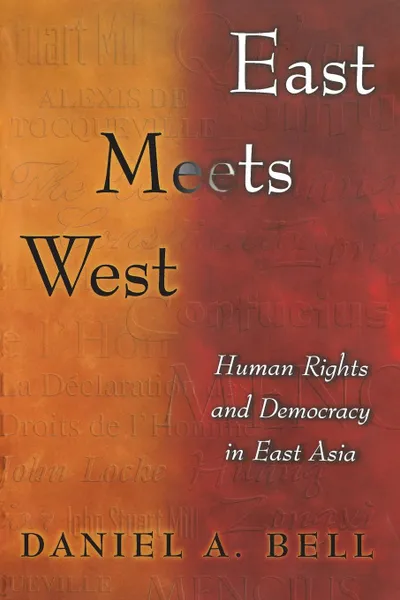East Meets West. Human Rights and Democracy in East Asia 12+
Автор: Daniel A. Bell
2000
382 страницы
Категория: Литература на иностранных языках
ISBN: 9780691005089
Язык: Английский
🔖 Is liberal democracy a universal ideal? Proponents of "Asian values" argue that it is a distinctive product of the Western experience and that Western powers shouldn't try to push human rights and democracy onto Asian states. Liberal democrats in the West typically counter by questioning the motives of Asian critics, arguing that Asian leaders are merely trying to rationalize human-rights violations and authoritarian rule. In this book--written as a dialogue between an American democrat named Demo and three East Asian critics--Daniel A. Bell attempts to chart a middle ground between the extremes of the international debate on human rights and democracy. Bell criticizes the use of "Asian values" to justify oppression, but also draws on East Asian cultural traditions and contributions by contemporary intellectuals in East Asia to identify some powerful challenges to Western-style liberal democracy. In the first part of the book, Bell makes use of colorful stories and examples to show that there is a need to take into account East Asian perspectives on human rights and democracy. The second part--a fictitious dialogue between Demo and Asian senior statesman Lee Kuan Yew--examines the pros and cons of implementing Western-style democracy in Singapore. The third part of the book is an argument for an as-yet-unrealized Confucian political institution that justifiably differs from Western-style liberal democracy. This is a thought-provoking defense of distinctive...
Мнения
